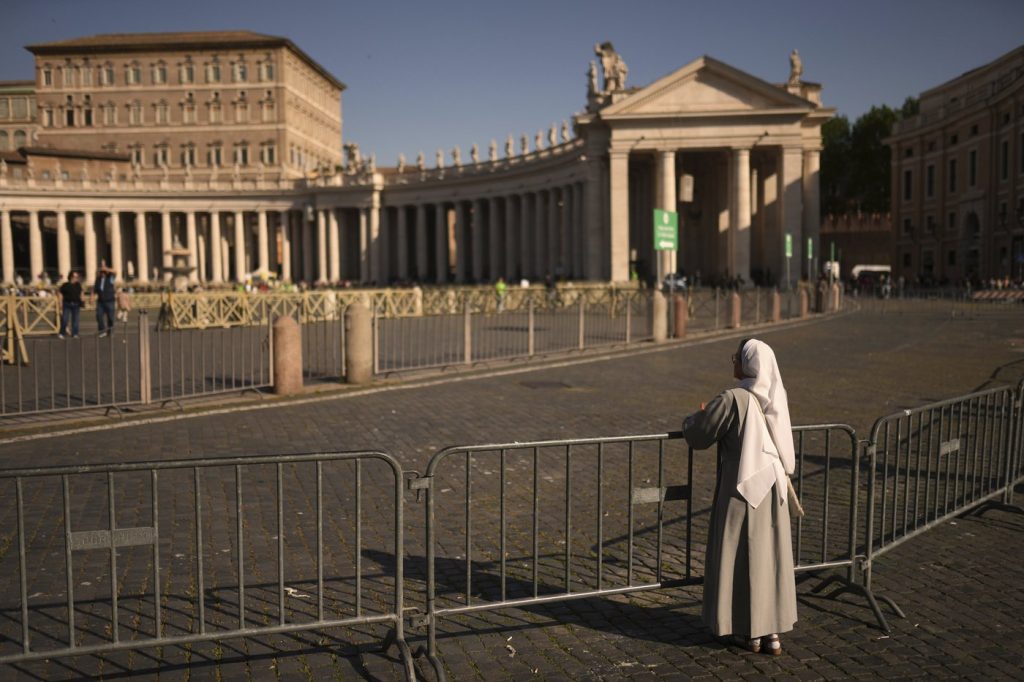NEW YORK (AP) - A coalition of a dozen states filed a lawsuit against the Trump administration on Wednesday in the U.S. Court of International Trade in New York, seeking to halt its controversial tariff policy. The states argue that the tariffs are unlawful and have led to disorder within the American economy. The lawsuit specifically criticizes the Trump administration for imposing tariffs based on what it describes as arbitrary whims rather than lawful authority.
The legal complaint challenges President Trump's assertion that he possesses the authority to impose tariffs unilaterally under the International Emergency Economic Powers Act. The suit requests that the court declare the tariffs illegal and prevent government agencies and officials from enforcing them. A plea for comment from the Justice Department was not immediately returned.
The states involved in the lawsuit include Oregon, Arizona, Colorado, Connecticut, Delaware, Illinois, Maine, Minnesota, Nevada, New Mexico, New York, and Vermont. Arizona Attorney General Kris Mayes described the tariff policy as "insane," asserting that it is both economically reckless and illegal. Connecticut Attorney General William Tong echoed this sentiment, stating that "Trump's lawless and chaotic tariffs are a massive tax on Connecticut families and a disaster for Connecticut businesses and jobs."
The lawsuit argues that only Congress has the constitutional authority to impose tariffs and that the president can only invoke the International Emergency Economic Powers Act when an "unusual and extraordinary threat" arises from abroad. It contends that Trump's claim of authority to impose sweeping and variable tariffs for any purpose he deems necessary disrupts the constitutional order, leading to economic turmoil nationwide.
This legal challenge comes on the heels of a similar lawsuit filed by California Governor Gavin Newsom, also a Democrat, in the U.S. District Court for the Northern District of California. Governor Newsom's lawsuit argues that the tariff policy could result in California losing billions of dollars in revenue as the state is the largest importer in the country.
A White House spokesperson, Kush Desai, responded to Governor Newsom's legal action by stating that the Trump administration remains committed to addressing what they describe as a national emergency harming American industries and workers. Desai emphasized the administration's reliance on all available tools, including tariffs and negotiations, to manage the situation.
This lawsuit, fueled by widespread discontent over the impact of tariffs on local and state economies, raises significant constitutional questions regarding the separation of powers between the legislative and executive branches in the realm of trade policy. The outcome of this case could have far-reaching implications for the future of tariff regulation and executive authority in the United States.












